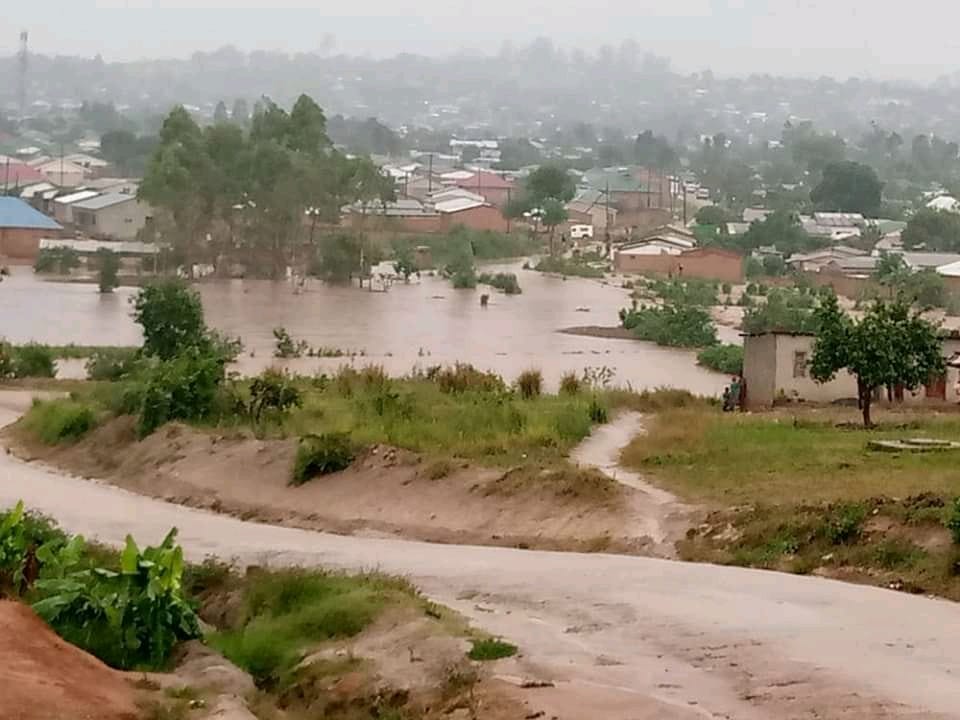The correlation between social resilience and flooding in low-income communities
A case of Mzuzu City, Malawi

26 April 2023
International Journal of Disaster Resilience in the Built Environment
English
Journal article
Africa
Floods are among the most frequent urban disasters in cities of the global south where capacity and resource limitations collude with rapid urbanisation to force many poor people to live in flood-prone settlements. The study aimed to examine social resilience in flood-prone, low-income communities in Zolozolo West and Mzilawaingwe Wards, located in Mzuzu City, Malawi. Social resilience indicators such as socio-political alliances, collaboration, learning, and innovation were analysed. These indicators encompassed various aspects, including social cohesion, community inclusiveness and equity, effective leadership, social trust, community, and social participation, sense of place, social support, information access and communication, knowledge management, social learning, improvisation, and inventiveness. The study revealed that out of the eleven indicators used, six showed no correlation with the expected level of social resilience. Conversely, five indicators demonstrated a relationship with social resilience, while four indicators exhibited a weak association.
This study presents findings that challenge the commonly held belief that flood disasters bring communities together, highlighting evidence that suggests these events can instead disrupt the social resilience of low-income communities. Consequently, the study recommends integrating social resilience strengthening mechanisms into post-flood disaster recovery initiatives, particularly to achieve Goal 11 of the Sustainable Development Goals in the global south. Additionally, the study suggests incorporating community empowerment and participation in local-level flood risk management.
Abstract based on original source.


Comments